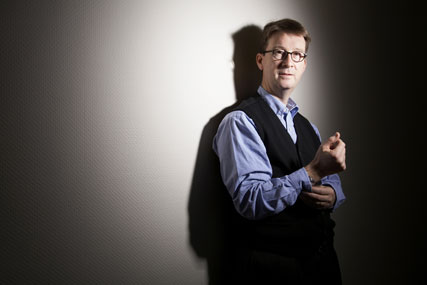
Earlier this year, communications minister Lord Carter's interim Digital Britain report called for the creation of a new, enlarged public service broadcaster, with Channel 4 at its heart, as a means of providing public service content beyond that of the BBC.
In its response to Carter's report, the BBC said today that "strong and multilateral partnerships" between the commercial media sector and the BBC would be crucial to supporting this planned entity.
However, the corporation added that if the "Government's ambition is to create a new PSB of real scale, then BBC Worldwide cannot provide a complete solution".
The BBC's statement suggests that a Channel 4 and BBC Worldwide joint venture would be based on non-BBC branded assets, such as the magazines Easy Cook and Lonely Planet Magazine, plus multichannel TV broadcaster UKTV. It would not include BBC Worldwide's international assets, such as BBC Entertainment.
Last December, the BBC outlined a series of partnership proposals with the commercial sector. As well as the planned BBC Worldwide and Channel 4 joint venture, it proposed sharing iPlayer and launching Project Canvas, a planned VoD service delivered to Freeview users.
Separately, responding to the radio issues raised by Carter's interim report, the BBC revealed that to help drive the growth of digital radio, it plans, in partnership with the commercial radio sector to establish a new body, the UK Radio Council, "to present a single voice for the UK's radio broadcasters".
In addition, the BBC said it will seek to pursue an "extensive partnership" with the commercial radio sector, including the creation of an online digital radio player providing high-quality live streamed radio services from the BBC and commercial and community radio operators. It also plans to sharing technology and will examine the creation of digital-only radio content.


.jpg)


.jpg)